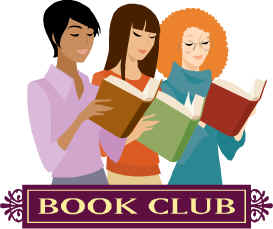Christopher John Francis
Boone knows all the countries of the world
and their capitals and every prime number up
to 7,057. He relates well to animals but has
no understanding of human emotions. He cannot
stand to be touched. He detests the
color yellow. He is a fan of Sherlock Holmes,
and when a dog in the neighborhood is killed,
he sets out to solve the crime, with
unexpected results.
Mark
Haddon is a writer and illustrator of
numerous award-winning children’s books and
television screenplays. As a young man,
Haddon worked with autistic individuals. He
teaches creative writing for the Arvon
Foundation and at
Oxford
University
. He lives in
Oxford
,
England
.
Discussion
Questions:
- Christopher
explains why he doesn’t like yellow and
brown, and admits that such decisions
are, in part, a way to simplify the world
and make choices easier. Why does he need
to make the world simpler?
- Which
aspects of life does Christopher find
unbearably complicated or stressful?
- How
much understanding does Christopher have
of his own emotions?
- How
much understanding does Christopher have
of the impact his “Behavioral
Problems” have on others?
- Given
Christopher’s aversion to being
touched, can he experience his parents’
love for him, or can he only understand
it as a fact, because they tell him they
love him?
- Is
there any evidence in the novel that
Christopher experiences a sense of
attachment to other people?
- Does
Mr. Jeavons, Christopher’s teacher,
underestimate the complexity of
Christopher’s mind and his responses to
intellectual stimulation?
- Does
Siobhan understand Christopher better
than Mr. Jeavons?
Better than his parents?
- Think
about what Christopher says about
metaphors and lies and their relationship
to novels. Why is lying such an
alien concept to him?
- Why
is Christopher’s life shattered by the
realization that he couldn’t trust his
father, because his father had lied to
him about a big thing?
- Why
do “normal” human beings in the
novel, like Christopher’s parents, find
lies so indispensable? Why is the
idea of truth so central to
Christopher’s narration?
- Which
scenes are comical in this novel, and why
are they funny? Are these situations
also sad, or exasperating?
Did the ending surprise you?
- How
much empathy does the reader come to feel
for Christopher?
Questions
adapted from http://www.randomhouse.com.

